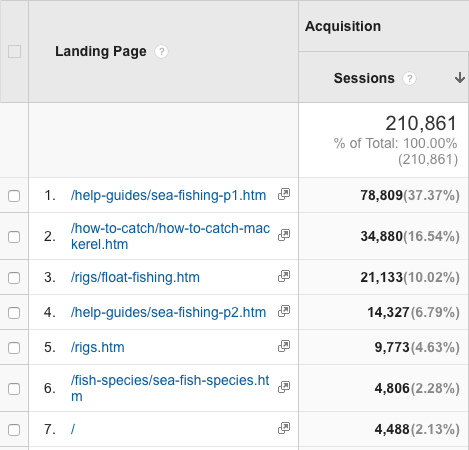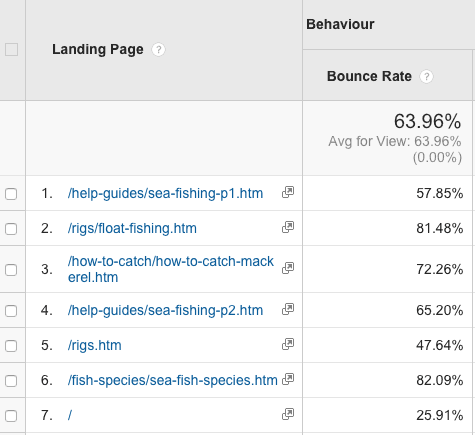To this day I still see companies and people harping on about low bounce rates being so important. I disagree and I’d like to explain why I don’t agree that bounce rates alone are important and I’ll give you some examples to back up my claim…
Back in the day people typed in short, precise words to search on google. If you wanted help fixing a WordPress bug you’d just type “wordpress bug” in Google and find a forum specialising in WordPress bugs.
Move forward to today and MANY more people are using what is called “long tail searches”. These are when you type in the specific problem like this: “How do I add a featured image in WordPress”. Now what some people also forget is that you can now “speak” into google using a microphone so you don’t even have to type that text.
The results when you use long tail searches match your problem far more accurately and will often give the precise answer you’re looking for.
So what does this have to do with bounce rates?
I have a pet project called Torbay Fishing. It’s my baby and I spend any free time I have tweaking it. This fishing website is popular but hardly anyone arrives via the homepage. The percentage is so small that I spend more time improving the content pages than I ever do on the homepage. Let’s take a look at the entry points over the last few months:

So for the first seven pages, which account for 168,000 visitors, just 2% came in through the homepage.
Now let’s have a look at the bounce rates for these pages:

The homepage at number 7 has a healthy 25.9% bounce rate but look at how high the top few pages are. Many people would be aghast that it’s so high and would try to work hard getting that number down. But you see that’s the point I’m making. It’s because people are typing in long tail searches to arrive on exactly the page they wanted for their question to be answered.
Number 2 has a whopping 81% bounce rate but people are coming onto that page with searches like “How to make a float fishing rig” or “How do I float fish from the sea”. They no longer arrive on a home page and have to find the answer, Google takes them straight to the page with the answer. Once they have the answer you’re going to find it almost impossible to get people to stick around.
How often do you truthfully stay on a website once you’ve found what you’re looking for? When I have a problem and I long tail search the answer I don’t think I have ever remained on the website because I already have the answer I wanted. That website may contain a wealth of incredible knowledge but if I ever need to access that knowledge I’ll long tail search for it. For me, the only exception to this is news websites. Only for those sites will I happily sit there trawling through the latest posts.
Google tries to get people to arrive on the ‘page’ they wanted. Long tail searches really focus those results to match the page you need. It’s utterly brilliant at doing it. The cost of this is higher bounce rates but I’m my opinion Google nails the results.
Is this always the case?
No it isn’t but if you really care that much about bounce rates then you MUST take into account the time on the page and page sessions. If you have a very high bounce rate and a very low time-on-page then yes, you have a problem. Just using the bounce rate as a single metric should no longer be influencing you and people need to take bounce rates these days in context with the search engines changes.
